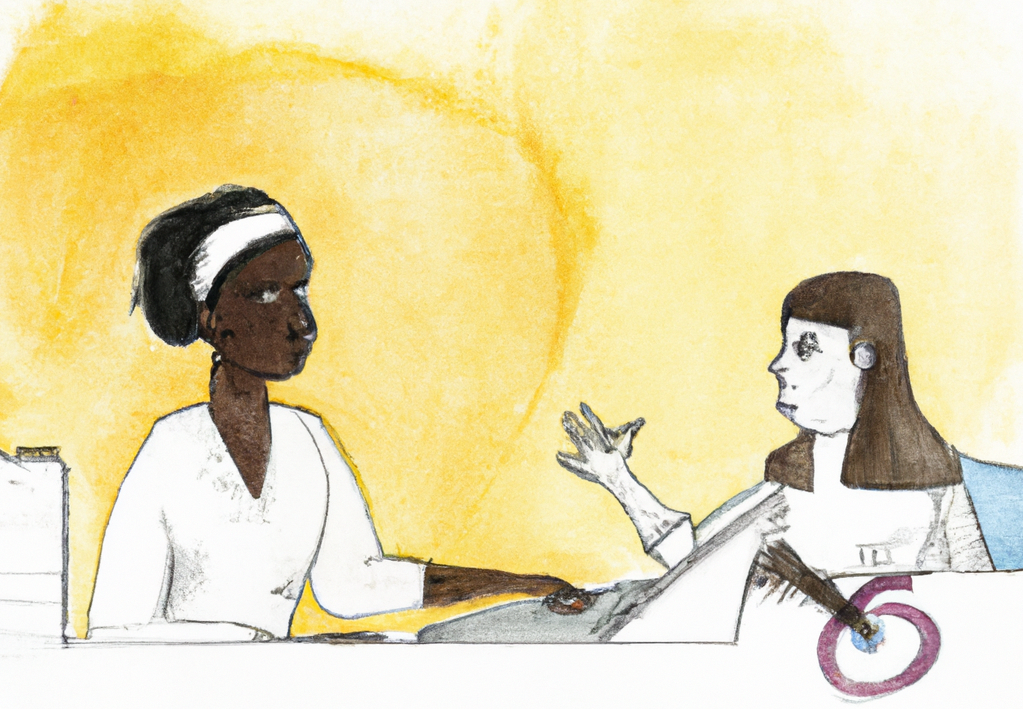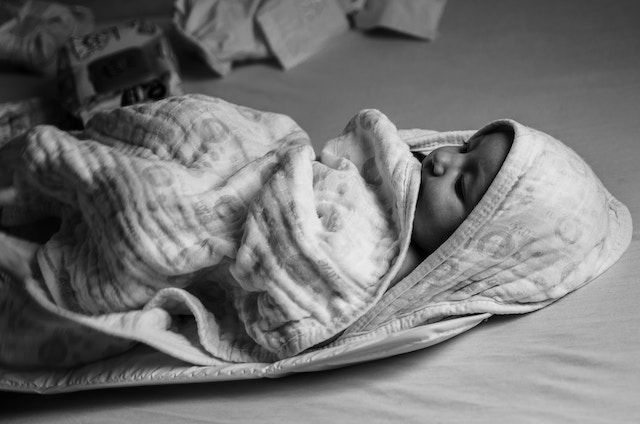Black NHS Midwife Wins Discrimination Claim
Olukemi Akinmeji, a Black NHS midwife, has won a discrimination claim against her former employer, alleging mistreatment by colleagues due to her race.
Olukemi Akinmeji, a black midwife who formerly worked at William Harvey Hospital in Ashford, Kent, has successfully sued her former employer, East Kent Hospitals University NHS Trust, for race discrimination and victimisation. Ms Akinmeji alleged that she was subjected to a “toxic” and hostile working environment, where colleagues ganged up on her and made derogatory comments about her race.
Ms Akinmeji claimed that several incidents occurred at work where she was mistreated due to her race. After over a year of employment, Ms Akinmeji handed in her notice on December 9, 2019, but did not provide any explanation. On January 25, 2020, Ms Akinmeji's last day, shift coordinator Kathy Carr allegedly told staff to “check their bags” in a joke in bad taste. Ms Akinmeji considered the comment offensive, stating that she did not find it funny to be portrayed as a thief in front of her colleagues, patients, and family members.

In response to the incident, Ms Akinmeji put in a complaint, which East Kent Hospitals University NHS Trust claimed to have investigated. The Trust said that Ms Carr attended unconscious bias training and reflected on her comment, realizing how inappropriate and insensitive it was. However, the tribunal heard that Ms Carr never attended the training course. Despite dismissing many of Ms Akinmeji's racism claims, the tribunal concluded that she had been discriminated against by the remark.
Employment Judge Anna Corrigan concluded that Ms Akinmeji was working in a “toxic and difficult” environment where she and her colleagues were shouted and sworn at. The judge stated that Ms Akinmeji had been subject to negative attitudes and some hostility, which suggested bullying by the group of midwives concerned.
This case highlights the ongoing struggle against workplace discrimination, particularly racial discrimination. The healthcare sector, which is often considered a bastion of equality and inclusion, must continue to work towards creating fair and supportive working environments for all employees. The NHS has a duty to ensure that employees feel valued, respected, and protected from discrimination and victimisation.
Workplace discrimination is a serious issue that can cause significant harm to individuals, leading to psychological distress, anxiety, and depression. It can also damage an organization's reputation and result in financial loss through compensation claims. Employers must take allegations of discrimination seriously, investigate them thoroughly, and take appropriate action to address any issues found.
The case also highlights the importance of ensuring that all employees receive adequate training on diversity, equality, and inclusion, as well as unconscious bias. It is not enough to simply provide training; employers must also ensure that the training is effective, and all employees attend it.
The situation of Olukemi Akinmeji demonstrates that racial discrimination is still prevalent in the workplace, even in organizations that claim to value diversity and inclusion. Employers must take responsibility for ensuring that all employees feel valued, respected, and protected from discrimination and victimisation. The NHS, as a key employer, must lead the way in creating fair and supportive working environments for all employees. This means providing adequate training on diversity, equality, and inclusion, as well as unconscious bias, and taking appropriate action to address any issues found. We must continue to work towards a society where individuals are judged on their abilities, not their race, gender, or any other characteristic.





